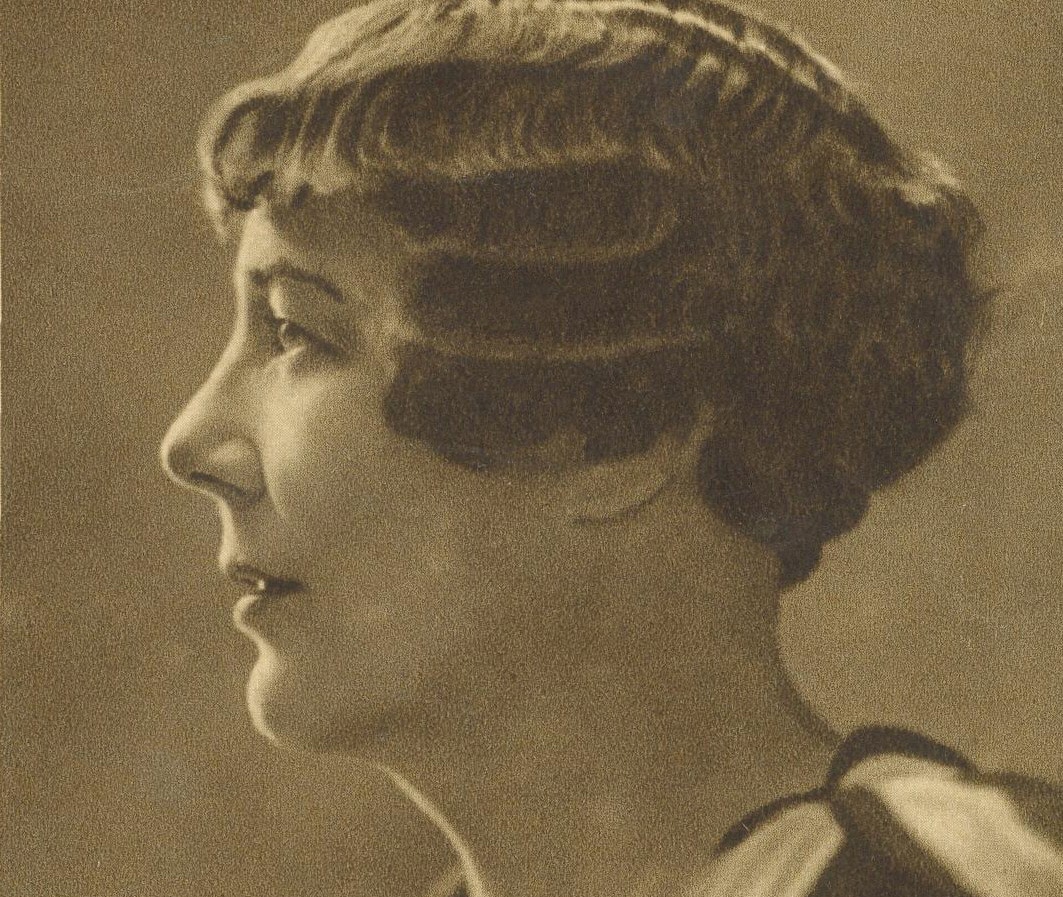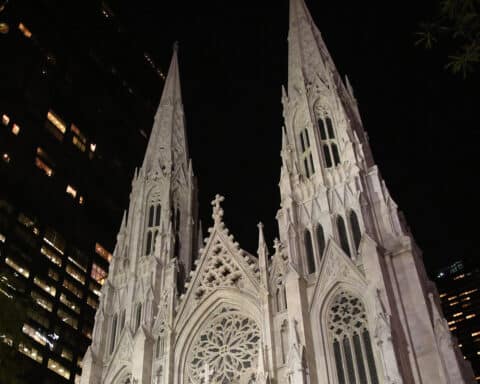An internationally best-selling novelist who might have won the Nobel Prize in literature, a patriotic Pole and a devout Catholic, Zofia Kossak-Szczucka was also an ardent anti-semite. And she is a model for us — not despite her bigotry but because of it.
“Our feeling toward the Jews has not changed,” she wrote in August 1942. “We continue to deem them political, economic, and ideological enemies of Poland.” The Jews hate the Poles more than they hate the Germans who were persecuting them, she continued, and they wrongly blamed the Poles for their problems. Why they did so “remains a mystery of the Jewish soul. Nevertheless this is a decided fact.”
She wrote that in a pamphlet titled “Protest,” after she’d seen what the Germans were doing to the Jews in the Warsaw ghetto, and at a time when help given to even a single Jew was grounds for execution. Five thousand copies were distributed, which must have enraged the Germans.
Speaking to a silent world
Already, a million Jews had been murdered. “Their only guilt is that they were born into the Jewish nation condemned to extermination by Hitler.”
It was a “murder more horrible than anything that history has ever seen,” but the world was silent. “This silence can no longer be tolerated. Whatever the reason for it, it is vile. In the face of murder it is wrong to remain passive. Whoever is silent witnessing murder becomes a partner to the murder. Whoever does not condemn, consents.”
Therefore, she continued, “we — Catholics, Poles — raise our voices. … We protest from the bottom of our hearts filled with pity, indignation and horror. This protest is demanded of us by God, who does not allow us to kill. It is demanded by our Christian conscience. Every being calling itself human has the right to love his fellow man. The blood of the defenseless victims is calling for revenge. Who does not protest with us, is not a Catholic.”
Kossak did not just write a protest. A leader of a resistance organization called Front for Reborn Poland, she helped rescue Jews from the ghetto, giving them money, food, shelter and forged identity documents. She sometimes found them legal work. In this she worked closely with Wanda Krahelska-Filipowicz, a socialist who as a student, before World War I, had tried to blow up the tyrannical Russian governor of Warsaw.
Council for Aid to Jews
The month after “Protest” was published, the two created an organization called Zegota to do the rescue work more efficiently and get more people involved. It grew into the Council for Aid to Jews, which kept the name Zegota to avoid using the word “Jew” in writings their enemies might read. The group included Jewish representatives as well as a range of Polish political parties and movements, and had connections with the Polish government in exile in England.
Kossak went by the code name Weronika. As she must have expected, the Germans caught her and, not knowing who she was, sent her to Auschwitz. Upon discovering her identity, she was returned to a Polish prison to be interrogated. She escaped in 1944 with the help of the Polish underground and participated in the Warsaw Uprising. She survived the war.
As far as I can find, Zofia Kossak-Szczucka never ceased being an anti-Semite. But she was willing to suffer torture and death — she essentially invited them by her actions, so dangerous was the work — to save Jewish people she believed to be her nation’s (and her faith’s) political, economic and ideological enemies.
Better than your inclinations
This is a lesson in how Catholic belief can make you a better person than you’re inclined to be. If, that is, you understand it deeply enough to see beyond your cultural heritage and you live by it — especially if you live by it at cost to yourself. And, I suspect, if you can see other human beings as creatures made in the image of God, to be defended from evil, whatever you think of them.
You can believe something ugly but act as if you do not.
After the war, Kossak left Poland for England once a Jewish official, who knew what she had done, warned her that the incoming Communist government would arrest her. She returned in 1957, lived in open opposition to the regime, and died in 1968. Fourteen years later, Yad Vashem, the world Holocaust remembrance center in Israel, recognized her as one of the Righteous Among the Nations. The center’s short biography did not mention her bigotry, only her courage and her work.





